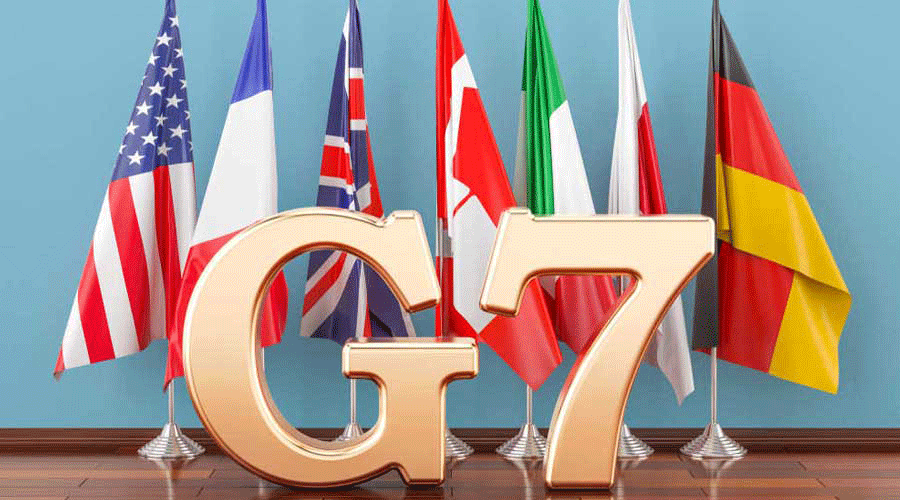Antony J. Blinken, the US secretary of state, and other top diplomats from the G7 nations are scheduled to meet to address global crises, with a particular focus on the allied effort to support Ukraine against the invading Russian military.
In meetings over two days in Münster, the foreign ministers are expected to discuss food and energy issues arising from the war, including potential gas shortages in Europe over the coming winter and the partial embargo of Russian oil that Europe plans to enact in early December, which could further raise oil prices on the global market.
The war has not been going well for Russia, with territorial losses in Ukraine’s south and east. Moscow has turned to long-range weapons to destroy Ukraine’s power plants, lines, substations and other parts of the grid, apparently aiming to cut off power and water to Ukrainians and erode their will to fight.
Russia has also stepped up the leverage of its gas exports against Ukraine’s supporters, including a newly announced cut in deliveries to Moldova, Ukraine’s neighbour, that prompted a Russian-backed breakaway republic there, Transnistria, to cut off deliveries of the electricity it produces from Russian gas to the rest of the country.
The G7 diplomats also plan to discuss a variety of other topics. One is Iran’s role in helping Russia. The Iranian military has supplied Russian forces with drones to use against Ukraine. Another focus will be the violent response by security forces in Iran to peaceful protests there.
The US and its European and Asian allies have imposed sanctions on Russia. But they have been reluctant to completely cut off the main lifeline of Russia’s economy, oil and gas exports because of the effect on world markets.










